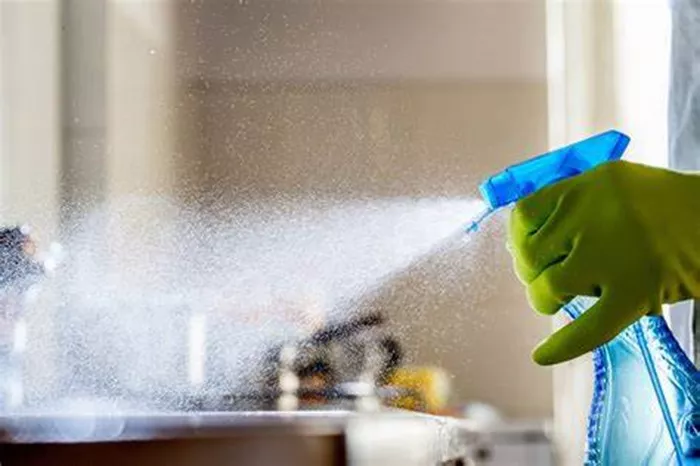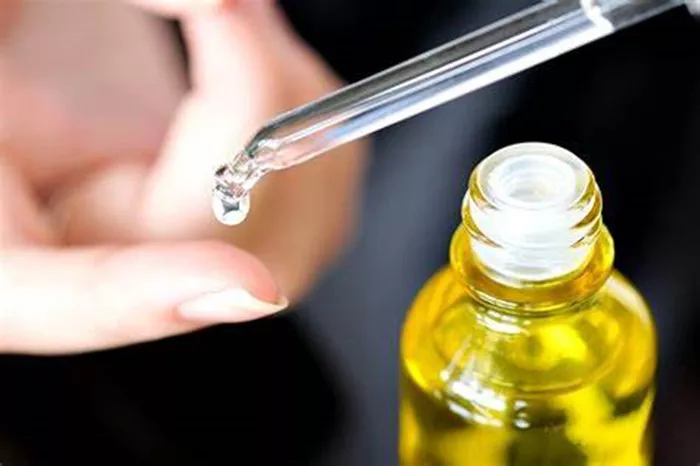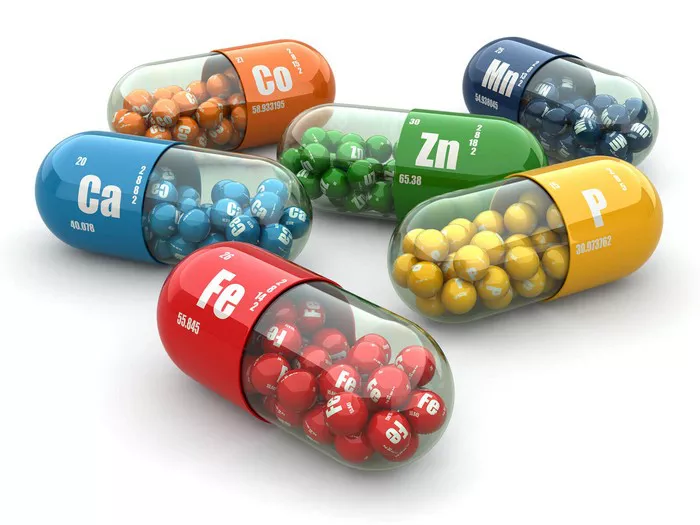In today’s world, where infectious diseases pose a constant threat to public health, the importance of disinfectant cannot be overstated. Disinfectants play a crucial role in preventing the spread of harmful pathogens, bacteria, and viruses that can cause illness and disease. From hospitals and schools to homes and workplaces, the use of disinfectants is essential for maintaining clean and hygienic environments. In this comprehensive guide, we’ll explore the significance of disinfectant, its role in safeguarding health and hygiene, and the various types of disinfectants available.
The Role of Disinfectant in Preventing Disease Transmission
Disinfectants are chemical agents designed to destroy or inhibit the growth of harmful microorganisms on surfaces and objects. By killing bacteria, viruses, and other pathogens, disinfectants help prevent the spread of infectious diseases and protect public health. Whether it’s a common cold virus, influenza, or a more serious illness like COVID-19, proper disinfection practices are essential for controlling outbreaks and reducing transmission rates.
Key Importance of Disinfectant:
Preventing Illness and Disease: Disinfectants are highly effective at killing a wide range of pathogens, including bacteria, viruses, and fungi, that can cause illness and disease. By regularly disinfecting surfaces and objects in homes, hospitals, schools, and other public spaces, we can reduce the risk of infection and protect individuals from getting sick.
Maintaining Clean and Hygienic Environments: Disinfectants play a critical role in maintaining clean and hygienic environments. Regular disinfection helps remove dirt, grime, and organic matter from surfaces, preventing the buildup of germs and bacteria that can lead to contamination and infection.
Reducing the Spread of Infectious Diseases: Proper disinfection practices are essential for reducing the spread of infectious diseases, particularly in high-traffic areas such as hospitals, schools, and public transportation. By disinfecting commonly touched surfaces and objects, such as doorknobs, handrails, and countertops, we can minimize the risk of transmission and protect vulnerable populations.
Protecting Public Health: Disinfectants play a crucial role in protecting public health by controlling outbreaks of infectious diseases and preventing the spread of harmful pathogens. During pandemics and public health emergencies, such as the COVID-19 pandemic, the use of disinfectants becomes even more critical for limiting the transmission of the virus and saving lives.
Ensuring Sterile Conditions in Healthcare Settings: In healthcare settings, where patients may be more susceptible to infections, the use of disinfectants is essential for maintaining sterile conditions and preventing the spread of healthcare-associated infections (HAIs). Proper disinfection of medical equipment, surfaces, and patient care areas is vital for protecting patients and healthcare workers alike.
Types of Disinfectants
There are several types of disinfectants available, each with its own unique properties and applications. Some of the most common types of disinfectants include:
Quaternary Ammonium Compounds (Quats): Quaternary ammonium compounds are a type of disinfectant commonly used in healthcare settings, schools, and food service establishments. They are effective against a wide range of bacteria, viruses, and fungi and are relatively safe for use on surfaces.
Chlorine Compounds: Chlorine compounds, such as bleach, are powerful disinfectants that are effective against a broad spectrum of microorganisms. They are commonly used for disinfecting surfaces, water, and medical equipment.
Alcohol-Based Disinfectants: Alcohol-based disinfectants, such as ethanol and isopropyl alcohol, are effective against many bacteria and viruses. They are commonly used for disinfecting skin, surfaces, and medical equipment.
Hydrogen Peroxide: Hydrogen peroxide is a versatile disinfectant that is effective against bacteria, viruses, and fungi. It is commonly used in healthcare settings and for disinfecting surfaces and medical equipment.
Phenolic Compounds: Phenolic compounds are powerful disinfectants that are effective against a wide range of microorganisms. They are commonly used in healthcare settings, schools, and industrial environments.
Conclusion
Disinfectants play a crucial role in safeguarding health and hygiene by preventing the spread of infectious diseases and maintaining clean and hygienic environments. From hospitals and schools to homes and workplaces, the importance of disinfectant cannot be overstated. By regularly disinfecting surfaces and objects, we can protect ourselves and others from illness and disease, reduce the spread of harmful pathogens, and promote public health and safety. As we continue to face new challenges and threats to public health, the use of disinfectants will remain an essential tool in our arsenal for combating infectious diseases and protecting the well-being of individuals and communities.
[inline_related_posts title=”You Might Be Interested In” title_align=”left” style=”list” number=”6″ align=”none” ids=”8612,8609,8535″ by=”categories” orderby=”rand” order=”DESC” hide_thumb=”no” thumb_right=”no” views=”no” date=”yes” grid_columns=”2″ post_type=”” tax=””]
































